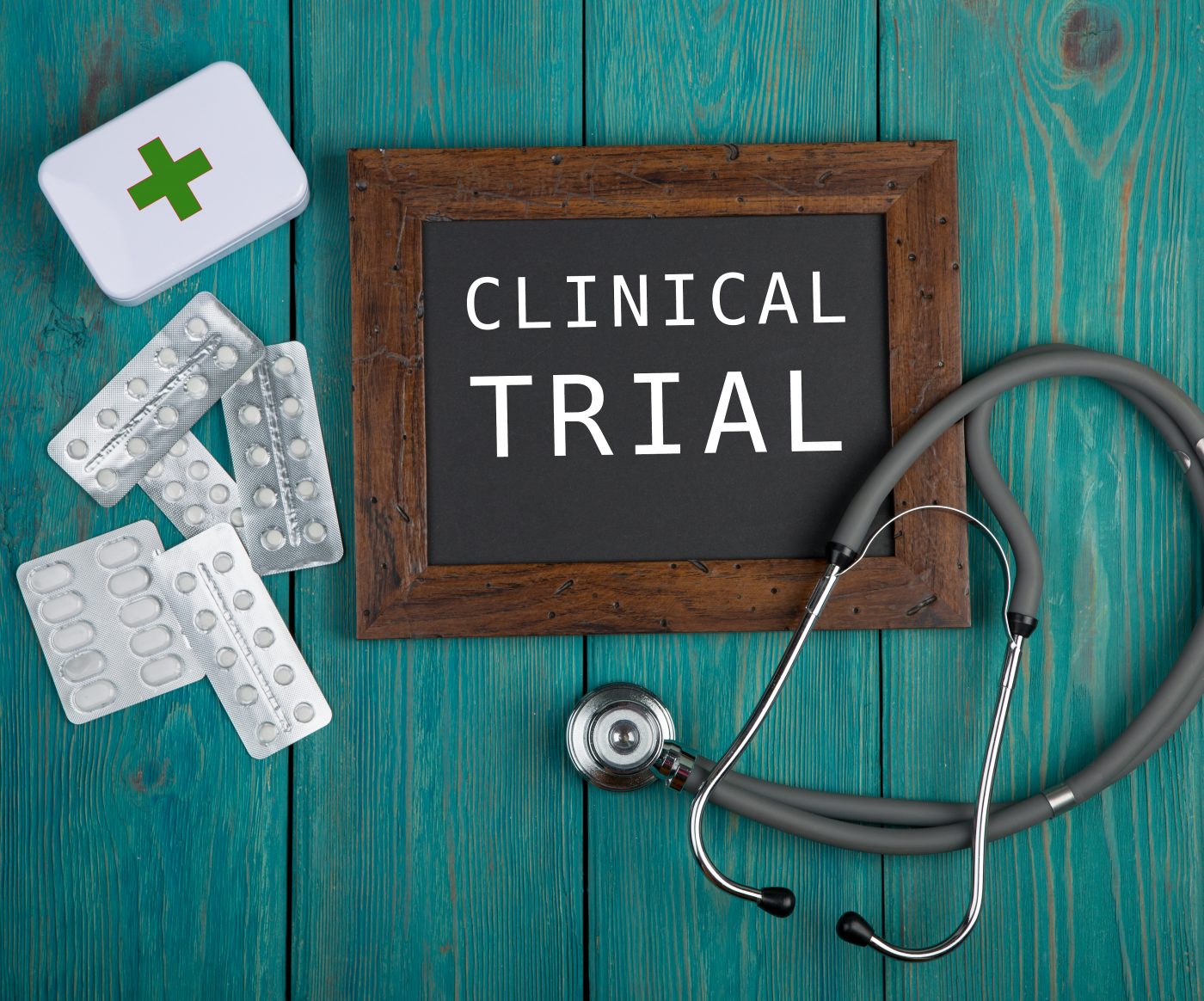Clinical Trial into Natural History of LGMD2i Enrolling in US, Denmark
Written by |

A new clinical trial is seeking about 80 people with limb-girdle muscular dystrophy type 2i (LGMD2i) to gather information on this disease’s progression that may help in advancing potential therapies and in establishing a biomarker.
The observational study (NCT04202627) is now enrolling patients, ages 10 to 65, at multiple locations across the United States and one site in Denmark. Details can be found here.
LGMD2i is caused by mutations in the gene FKRP. It is among the most common forms of LGMD, with onset of muscle weakness usually during adolescence.
While symptoms like progressive muscle weakness are common in LGMD2i, their severity and progression vary widely from person to person.
As potential treatments for LGMD2i are being developed, this variability poses an obstacle in designing clinical trials. Likely benefits of treatment candidates can also be difficult to assess, given the insufficient knowledge of how this muscular dystrophy subtype progresses.
The trial, sponsored by Virginia Commonwealth University, aims to help address this gap. As a natural history study, it will not test a therapy, but rather monitor participants over time to examine their disease course.
Specifically, the study is set to last for two years, and expected to end in January 2022. Participants will be examined at a clinic every six months. These visits will involve several laboratory and functional tests, including assessments of pulmonary function, walking ability, and other motor skills. Quality of life will be measured with a questionnaire.
Researchers also intend to develop assessments of clinical outcomes for LGMD2i, and evaluate whether the dystroglycan protein is a reliable biomarker in skeletal muscle.
The trial is open to individuals with a genetically confirmed diagnosis of LGMD2i. Among the enrollment criteria meant to ensure a representative sample, up to 20 participants may be non-ambulatory.
Exclusion criteria include bleeding problems, pregnancy, and any other condition that may make testing unsafe or interfere with the validity of the results.
Virginia Commonwealth is collaborating for this study with ML Bio Solutions, a company developing an oral therapeutic for LGMD2i called BBP-418.
This small molecule, also known as ribitol, is intended to provide a prodrug — a precursor molecule — that can be transformed inside the body into the sugar backbone of alpha-dystroglycan, which is missing in people with LGMD2i. Lacking this sugar component makes alpha-dystroglycan unable to anchor muscle cells to tissues, and to protect muscles from damage and degeneration.
Results of tests in a mouse model of severe LGMD2i showed that BBP-418 can be absorbed by skeletal and cardiac muscles. Treatment with BBP-418 also restored sugar addition to alpha-dystroglycan in skeletal, cardiac, and diaphragm muscles, eased fibrosis (scarring), and improved respiratory and physical function.
Pending regulatory clearance, ML Bio is planning to start a clinical trial of BBP-418 in LGMD2i once this natural history study is completed.
Those wishing to know more about natural history study, or take part in it at Virginia Commonwealth, can also contact Tammy Carrington at [email protected].





